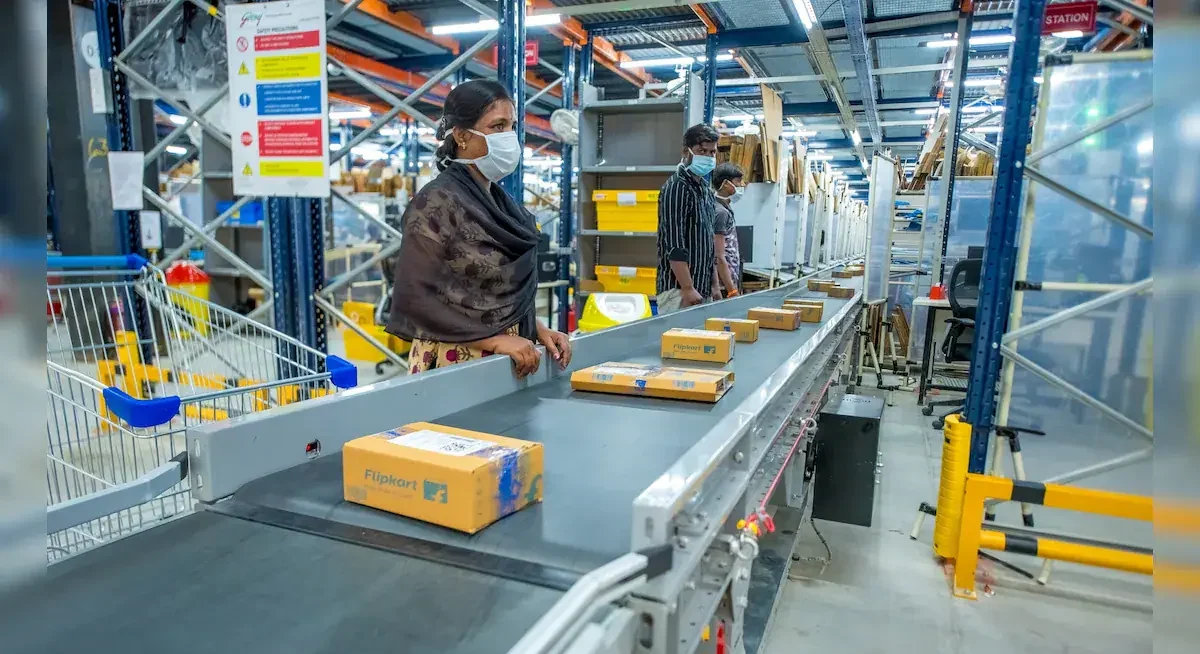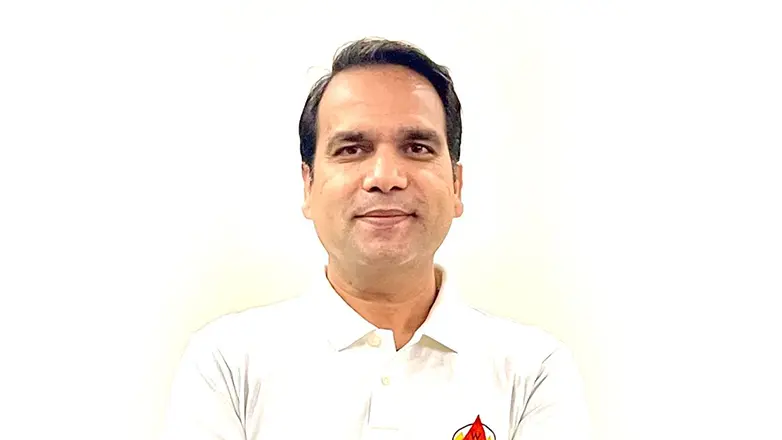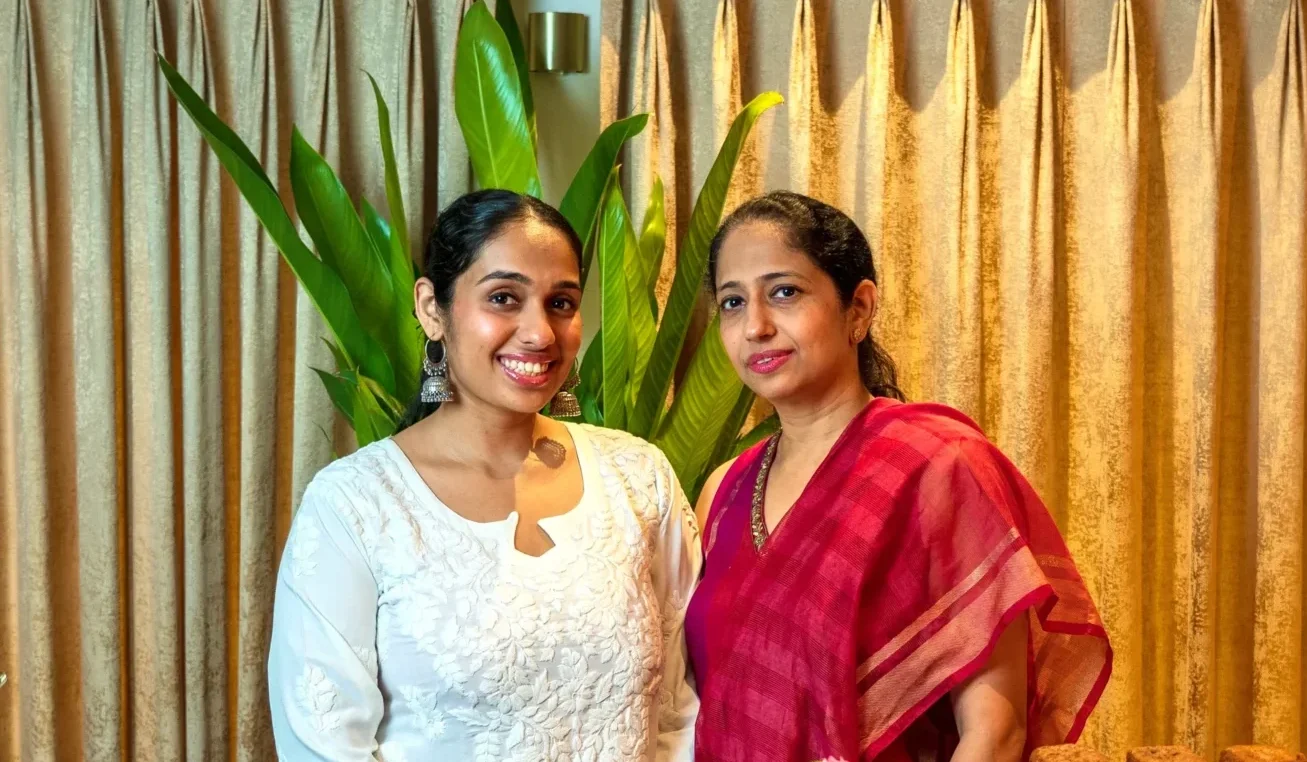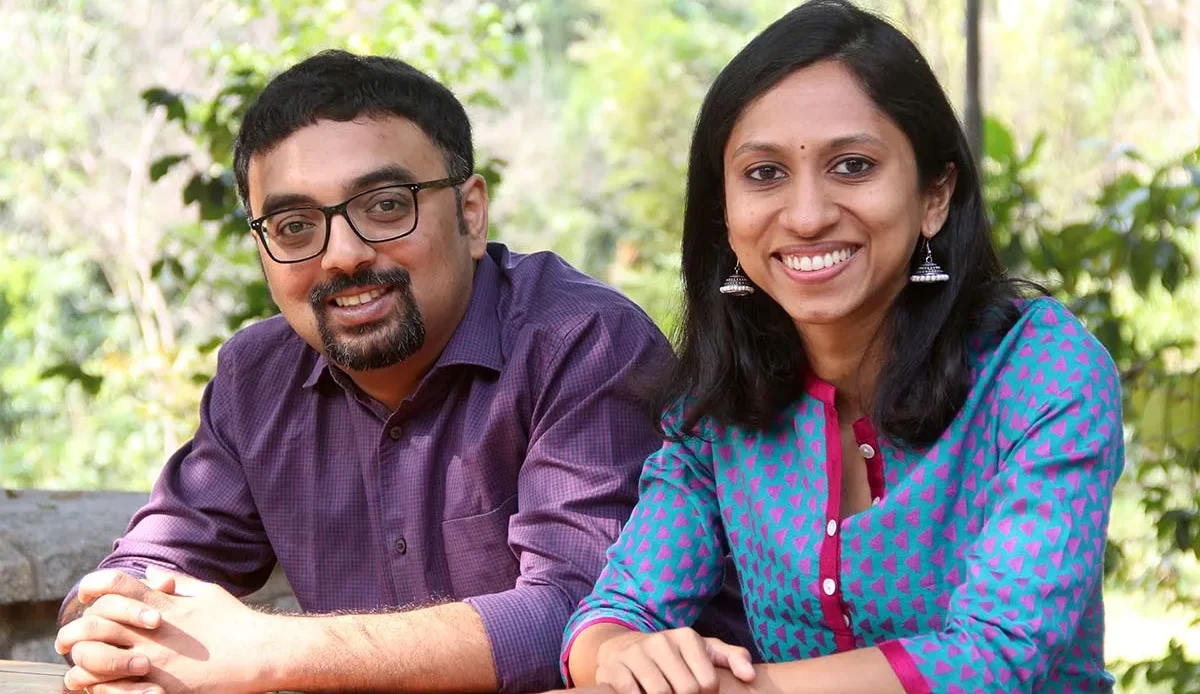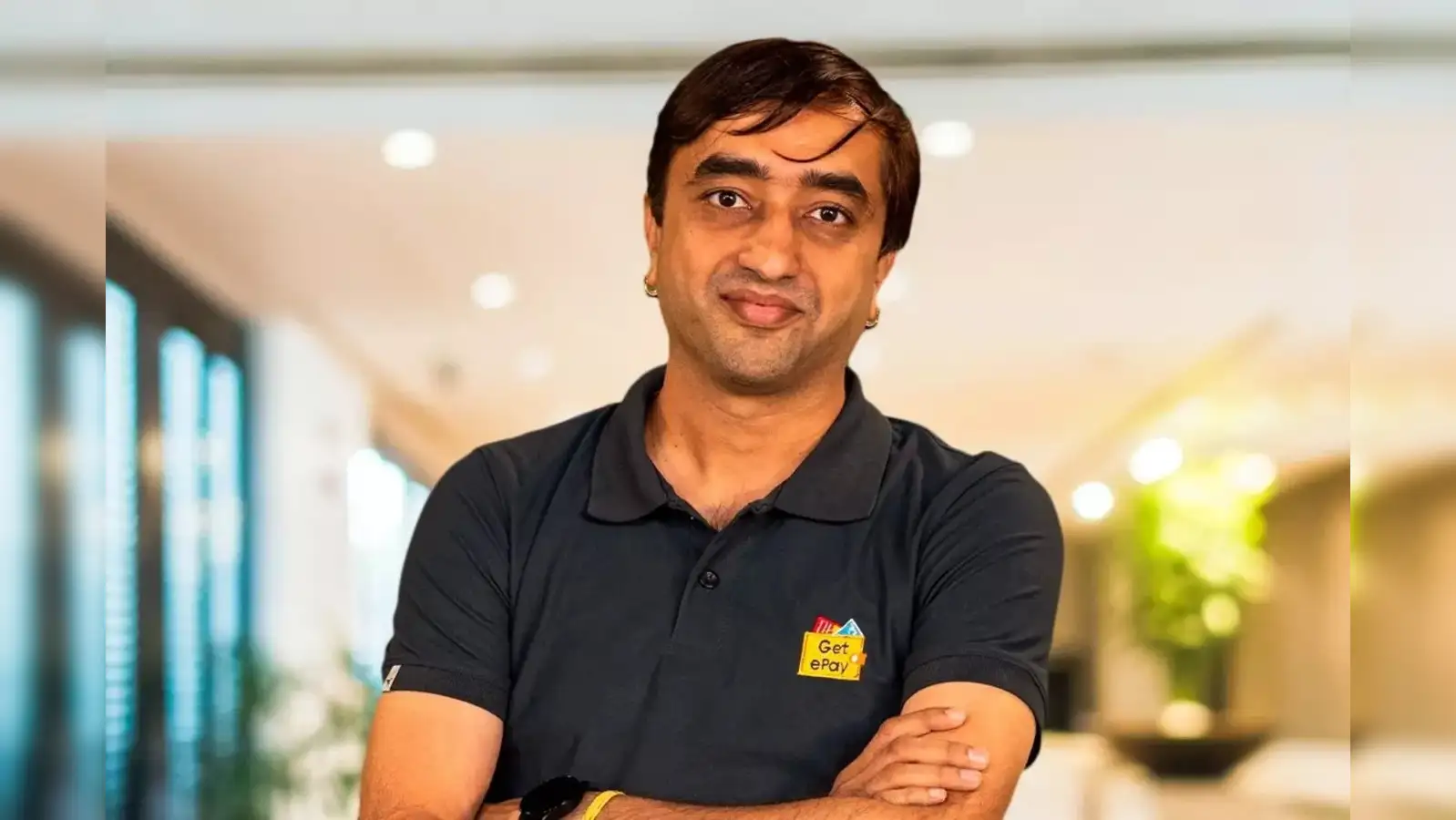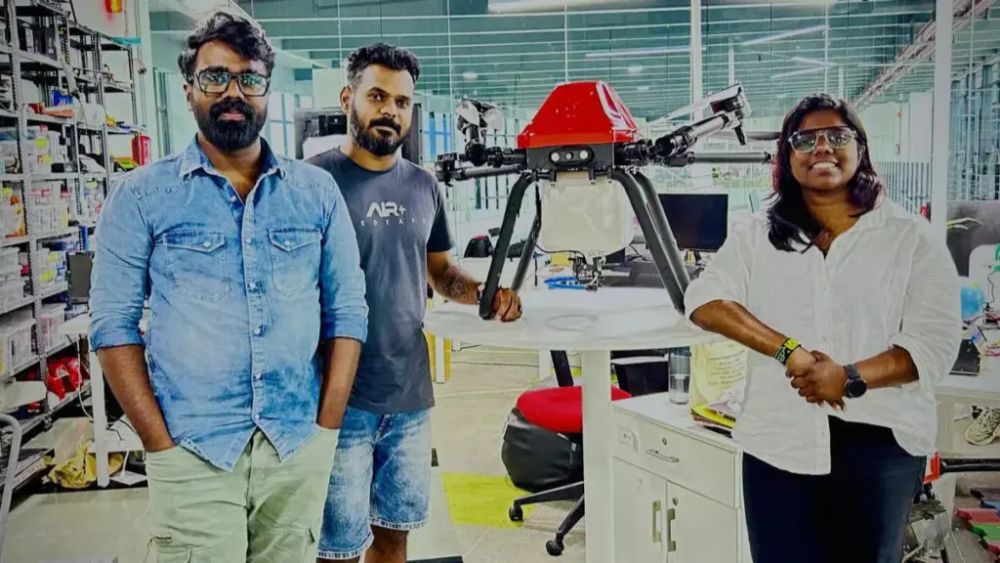As Startup Mahakumbh kicked off on April 3rd, it ignited a nationwide conversation on India’s startup ecosystem. Union Minister Piyush Goyal’s sharp reality check on India’s “comfort crisis” in startups has set social media abuzz, fueling debates on whether the country is innovating enough—or just playing it safe.
Dukandaari Hi Karni Hai? Asks Piyush Goyal
While addressing people in Startup Mahakumbh on Thursday, Goyal highlighted the present ‘retail mindset’ of young entrepreneurs while comparing it with the major innovations China has made so far in the field of the deeptech sectors, like Semiconductors, AI (Artificial Intelligence), EVs, Robotics, etc. These sectors are complex, capital-intensive, and have long gestation periods—but they lay the foundation for global tech leadership.
Goyal has presented a slide named “India Vs China: The Startup Reality Check”, which highlighted the pain points of Indian startups and how they are ending up being retail-based business models.

In the comparison, he highlighted that China is Innovating and India is Stuck in Comfort. He essentially flagged how India’s startup scene, despite its massive numbers, is skewing heavily toward low-risk, retail-centric models like e-commerce, food delivery, fintech wallets, betting, etc.
During his address, he also questioned whether India is becoming too comfortable with low-paying gig economy roles instead of aiming for breakthroughs in technology.
He posed a sharp question to entrepreneurs: “Are we here to sell ice cream and chips?” Adding to which he said “Dukandaari hi karni hai?”
India Needs A Mindset Shift
While this served as a mirror moment, the core message of Goyal’s speech was a call for the startup community to pivot toward meaningful, innovation-led ventures that drive real impact. For India to become a global tech leader, entrepreneurs must look beyond comfort zones and quick-profit models.
What the Mindset Shift Means?

The Criticism on Piyush Goyal’s Remarks
While Piyush Goyal’s comments at Startup Mahakumbh were meant as a wake-up call, not everyone in the entrepreneurial community received them positively.
Many critics argued that comparing Indian startups to those in China oversimplifies the complex challenges faced by India’s startup ecosystem—such as inadequate deeptech funding, insufficient infrastructure, and the relatively nascent stage of innovation-driven ventures.
The Co-founder & CEO of Zepto took it to the internet and stated, “It is easy to criticise consumer internet startups in India, especially when you compare them to the deep technical excellence being built in US/China”.
https://twitter.com/aadit_palicha/status/1907859979404705949
Read More: Indian Startups : Why the Focus Should Shift from Food Delivery to Tech Startups














